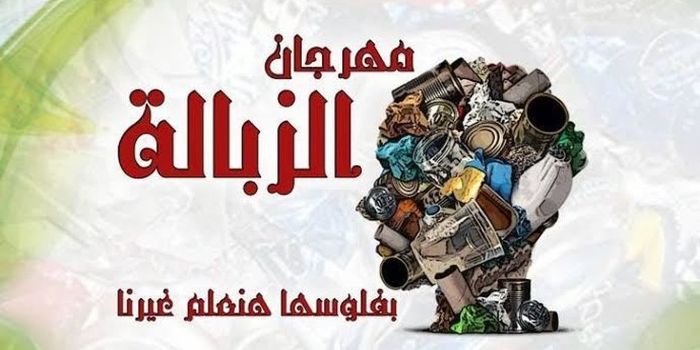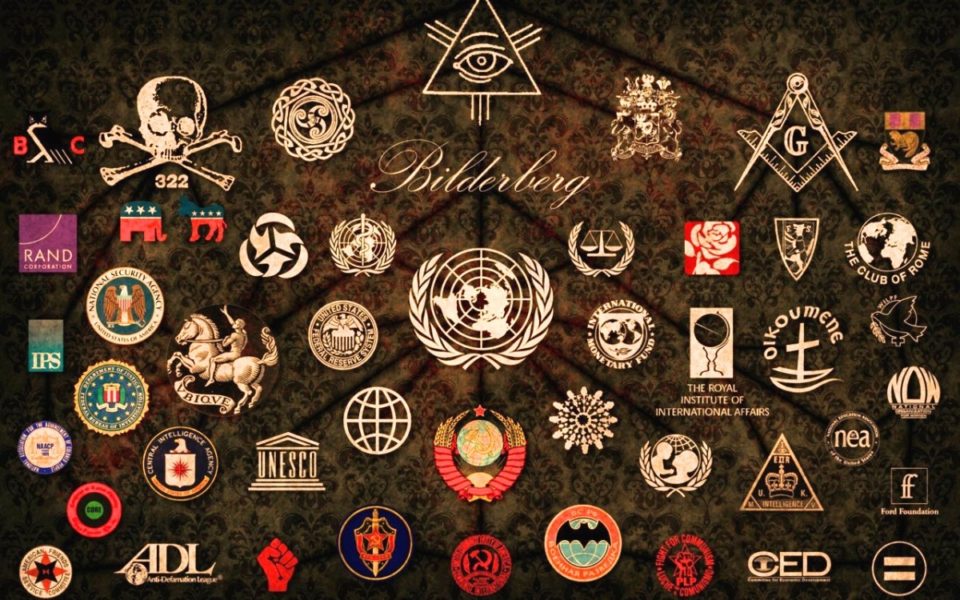Part 2: http://www.young-diplomats.com/civility-modern-politics-22/
Civility and politics in the same breath seem to be antithetical on the surface, but the same phenomenon of polarity permeates all of nature. Politics is the battle for personality and ideological supremacy. Civility is the union of common aspirations and the desire to accommodate friends and foes in the pursuit of common goals or for higher callings.
Words are the weapons of Politics
Even in “Art of War” Sun Tzu teaches that – the best victories are the ones attained without waging a battle.
In warfare, the aim of every party is to destroy or inflict the maximum damage on the opponent. In politics, the same principle is in full effect – through by a different instrument. Words are the weapons of politics. But, even in “Art of War” Sun Tzu teaches that – the best victories are the ones attained without waging a battle.
Our political debates are often farcical because there is hardly any genuine interest at reaching a common goal, for winning is the only price in politics. It will be naïve to expect political debates to end with a toast, but to call for some civility in the process – is not too much to ask.
My observations of our political discourses from Africa to the USA in the last few months had me questioning my long held convictions that our capacity for love and compassion is enough to overcome the negative forces that seek to pull us apart.
Bigotry, racism and tribalism are commonly disguised as nationalism
Bigotry, racism and tribalism are commonly disguised as nationalism or patriotism in our political discourse. When confronted with these base elements, a decent person, by impulse, would want to counter these moral vices with the same fierce ferocity and passionate resistance.
Intellectual Absolutism?
At times, I’m left to wonder if is it better to greet such vile acts with aloof intellectual absolutism and condescending attitude? Or should we masquerade our contempt of the emotional bile throwers with a mechanical presence of civility to project intellectual superiority and a display of righteous indignation?
It is also worth pondering, if there is any use in trying to have a civil conversation with political and ideological zealots that are hell bent on tearing down any common sense rules that will facilitate a civil discourse with belligerence and demagoguery. Or rather, is it just better to ignore them with contempt and pretend that engaging them is beneath you?
Fake News
To make matters worse, the rise of “fake news” and the prominence of the conspiracy theorists in the Trump era makes in harder to discern what is true or false in growing segments of the society. When ironically, an American president is actively going out of his way to label the mass media as the “fake news”.
This discrediting of the mainstream media, even on the most rudimentary matters has created epistemological crisis, which goes to blur the lines between credible news and false conspiracies. How can you have a serious debate with people when you can’t even agree on the most basic facts?
In other words, how do you engage in a constructive discourse with people who are impervious to facts and contemptuous to any reason and logic that don’t support their politics? Or because they have different sets of ‘facts’ and ‘reason’ rooted in conspiracies – but nevertheless, an honest doctrine for them.
Worse still; how can one have a civil conversation with people that are completely oblivious and contemptuous to the basic ethics of any normal conversation?
How does one reason with people whose only interest in every discourse is to only hear the reverberations of the loud protestations of their grief and vexation?
Superficial Judgement
The politics of bigotry, racism and tribalism are so noxious that one often feels that the participants of such vile displays deserve no treatment of civility in any decent society. We sometimes have opponents in our discourse that are so consumed by hatred and enmity, we render them to be not salvable and conclude that they deserve our contempt. Is this also right? Because that’s perhaps only our own superficial judgment; for the real condition of every mortal remains a mystery in their private heart despite the public flapping of the lips.
Giving a political opponent a way to save face could also open up for them a new window for more vitriol or bigotry; in other words – you could be giving them room to destroy the decent etiquettes of society by being sympathetic. Even wisdom would dictate that the doctrine of civility shouldn’t be a suicide pact for the destruction of society. Logic demands that any room that could be exploited to do more harm must not be left open for a bigot.
After endless wonderings in the ether world, numerous conversations with different people, and reflections in solitude; I came to a firm conviction that the way to most effectively confront fanaticism is with empathy, compassion and love. Within these spiritual elements, civility is inexhaustible.
It is not for us to force others to accept our kindly gifts of goodwill and benefaction; it is only enough that we give them out sincerely.
Civility is not the absence of debates on divergent views by members of the society. It is not to tacitly allow injustices in the society’ which by extension, is condoning it. Most atrocities and the destruction of many societies came about not because there weren’t enough good people, but because good people simply did nothing to stop it – often in the guile of civility.
To contrast opposing views and to engage in passionate debates are healthy for any dynamic society, and more so for a vibrant democracy. Clash of doctrines and strong convictions should help sharpen our perceptions, open for us new windows for healthier classifications, and spur society’s ingenuity to new heights and possibilities. These are the natural ends to the debates we enter with sincere yearning for truth and quest for a society.
In quest to that noble end, it is important to remember that – the ‘profound’ logic, reason and even facts with which you form your perspective are all relative. We should be reluctant to use our standards and render our brother as an unsalvageable bigot or a soulless racist. The very classification by which we condemn them might not exist in their conscious domain. There is always a possibility for one to embrace a higher idea or form new nobler perceptions in the near future no matter what there position is today.
Without excusing the bigotry, isn’t it also true that each person’s unique journey, experience and level of awareness shapes their perception? By that logic, every bigot is brought to his or her base estimates and ignobility we despise so much by their personal life experience.
By Jamal Drammeh








